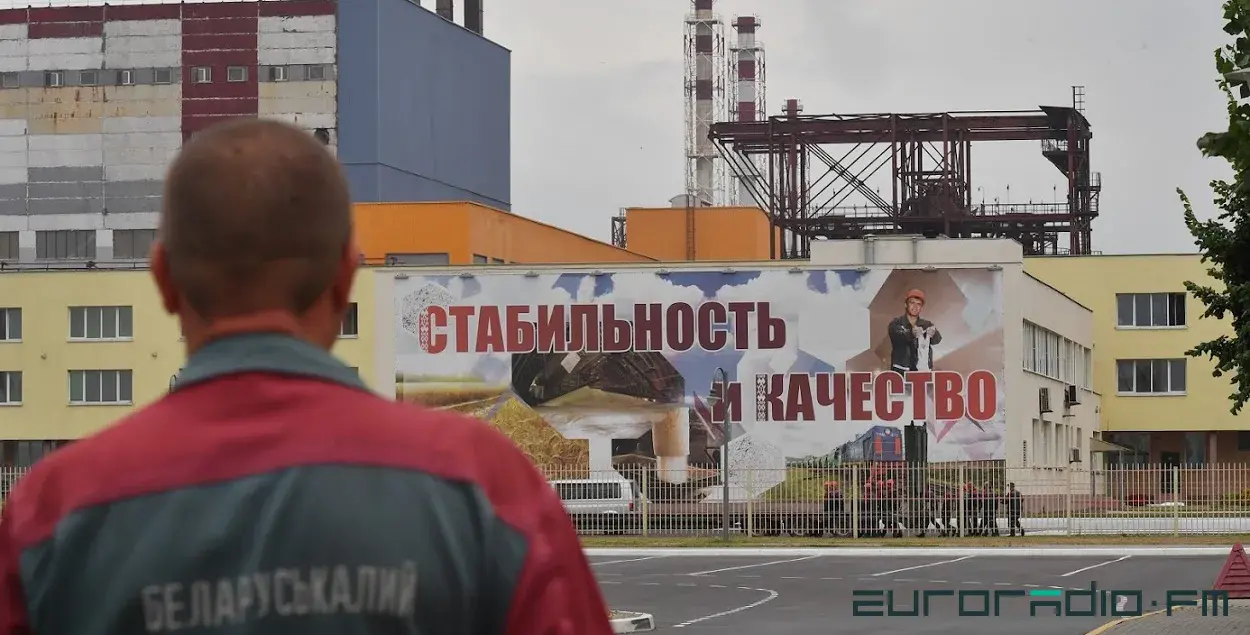Should sanctions on Belarusian potash be lifted?

The UN proposes to lift sanctions on Belarusian potash / Euroradio
UN Secretary General Antonio Guterres wants the EU to ease sanctions against Belarus. He believes that the supply of potash fertilizers will help to stop world hunger. Last week, the American magazine Politico published an article on the situation with Belarusian potash.
The UN Secretary General's position is being blocked by the Baltic states and Poland, who argue that pressure on Belarus and Russia is crucial to ending the war in Ukraine and should be continued at all costs.
Lithuanian politicians, as well as the Belarusian opposition, are convinced that the lifting of sanctions will only benefit the state-owned Belaruskali, which has a de facto monopoly on the extraction of potash and potassium salt, which the country is rich in. Potash is a cash cow for the Belarusian government, say opponents of the lifting of sanctions.
"Today there are countries where there is hunger, but there is no world hunger," economist and political scientist Uladzimir Kavalkin, with whom Euroradio talked about the situation around Belarusian potash, reacted to Guterres' words.

Uladzimir Kavalkin : Potash is, of course, a very important substance from which fertilizers are made to increase yields. And when so few countries have potassium, reducing the supply can affect the cost of producing potassium and raise food prices, among other things. But it's not as radical as the PR specialists make it out to be.
Why does Guterres care? Because the UN is an organization dedicated to world peace and cooperation. This means that Guterres is, as they say, developing the theme for which he is paid. It is worth noting that this money does not come from the pockets of Lukashenka and Putin, but from the UN.
Why do Putin and Lukashenka talk about it? For them it is an understandable lever of participation in international politics. To be heard, they use various means: blackmail with potash, and before that it was oil, gas, people from the Middle East, and so on. There are many players - many interests. The situation looks different from different sides.
Euroradio: Has Belarus really supplied fertilizers to countries facing famine?
Uladzimir Kavalkin: We do not know whether it was a direct supply or not, but the world is global. So if Belarus did not supply the countries threatened by famine, some other countries did. And if the supply of potassium on the world market decreases, it means that the countries in danger of famine will have a harder time buying this potassium. It will be harder, not because there will be no potassium at all, but because the price will go up so much that it will become very expensive for these people to eat.

















